Wine-warmed Sword Slaying Hua Xiong: The Historical Truth and Literary Interpretation
In Chinese history, many heroic deeds that have been widely praised have been handed down through the ages. Among them, "Killing Hua Xiong with Warm Wine" is a widely circulated story. However, did this story really exist? What is the historical truth behind it? Let's reveal this mystery through the context of history. The story of "Killing Hua Xiong with Warm Wine" comes from "Romance of the Three Kingdoms." In this novel, Guan Yu confronts Hua Xiong before the Sishui Pass and beheads him in just one round of combat. The entire process occurred in a very short time, so that when Guan Yu returned after killing Hua Xiong, the hot wine poured by Cao Cao for him had not yet cooled. This story showcases Guan Yu's bravery and prowess, becoming an essential part of his personal image. However, it must be clarified that "Romance of the Three Kingdoms" is a historical novel, not a serious historical work. The author, Luo Guanzhong, added many fictional elements during the creative process to enhance the drama and attractiveness of the story. Therefore, the story of "Killing Hua Xiong with Warm Wine" should be viewed more as a literary interpretation rather than a real historical event. So, who was the real Hua Xiong in history? What role did he play in the turmoil of warlords during the late Eastern Han Dynasty? According to historical records, Hua Xiong was a valiant general under Dong Zhuo and played an important role in several battles. However, the historical texts do not provide a clear record of his cause of death and the process of his demise. This means that the story of "Killing Hua Xiong with Warm Wine" did not actually occur, but was a fiction and exaggeration by later literati. In conclusion, "Killing Hua Xiong with Warm Wine" is not a real historical event, but a literary interpretation in "Romance of the Three Kingdoms." Although this story is exciting and moving, we should maintain an objective and rational attitude when understanding history, distinguishing between literary works and historical facts. At the same time, we should also recognize the important role of literary works in inheriting historical culture, as they enable people to better understand and appreciate the charm of history through artistic techniques.
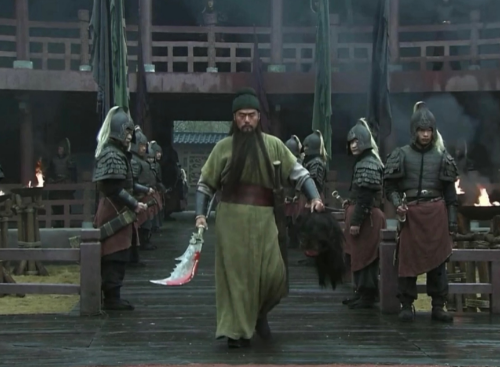
Disclaimer: The above content is sourced from the internet and the copyright belongs to the original author. If there is any infringement of your original copyright, please inform us and we will delete the relevant content as soon as possible.
Guess you like it
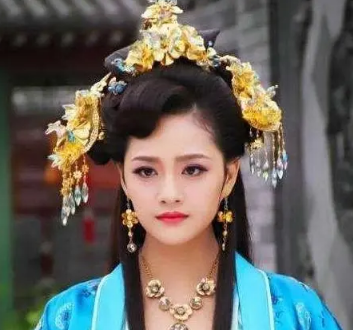
Administration of the Imperial Court in the Ming Dynasty: The Intertwining Roles of Crown Princess and Imperial Consorts

Did Sartre reply to Sagans letter? What are the specific details?
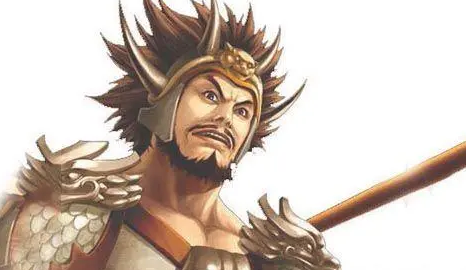
The embodiment of power in historical legends - The mystery of E Lais valor and bravery.
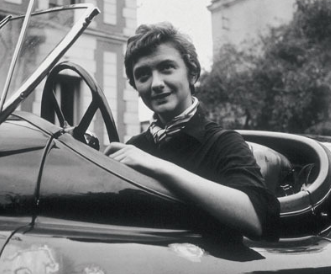
What was Françoise Sagans private life like? How did she live?
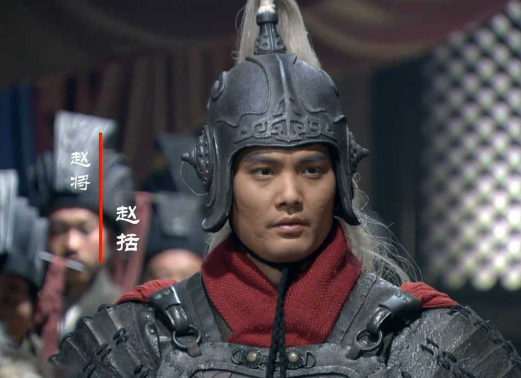
Zhao Kuo: A Discussion on Historical Evaluation and Military Talent
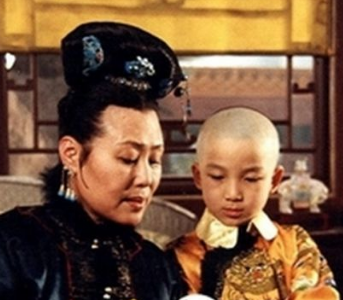
Empress Xiaozhuang: The Truth Behind the Palace Walls in History
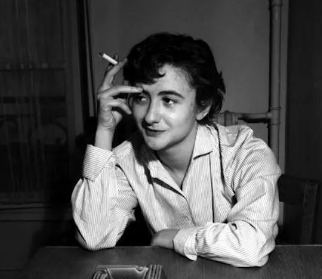
Who is the French female writer Sagan? What are some notable facts about her?
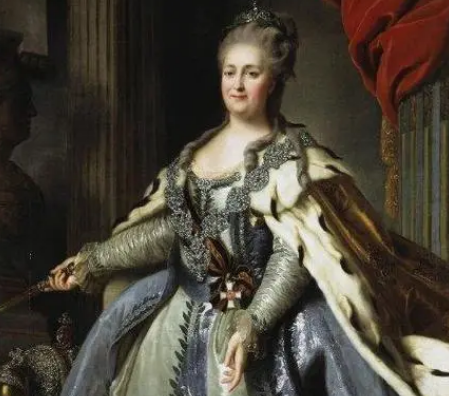
From Prussian Princess to Empress of Russia - The Legendary Life of Catherine the Great
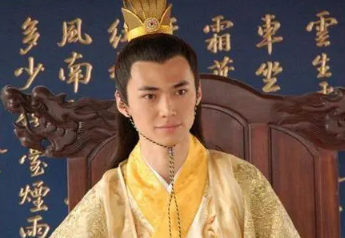
The mystery of Zhu Yunwens succession: Why was he not favored by the court and the people?
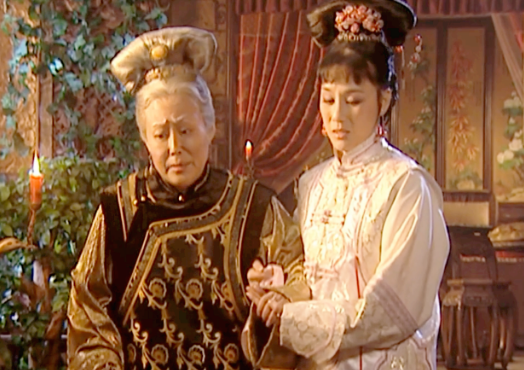
The Interpretation of the Historical Entanglement between Empress Xiaozhuang and Princess Rongfei









